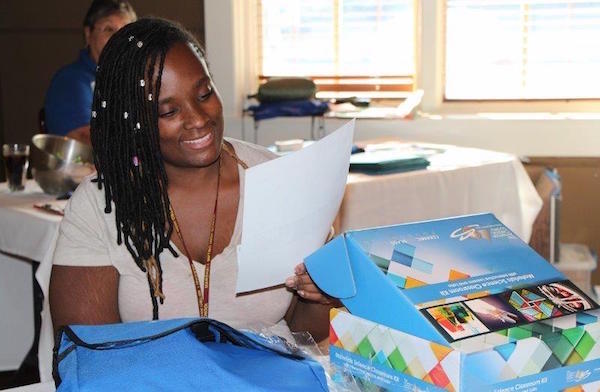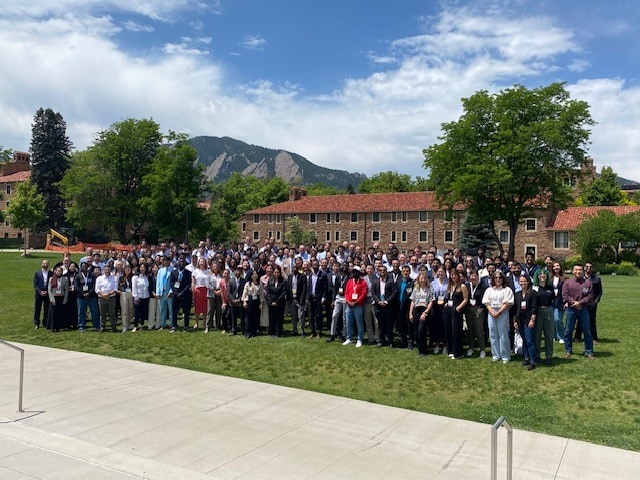
There is a great need for today’s youth to learn and develop skills to become better prepared to enter the work force. This includes skills like critical thinking and problem-solving—skills that are developed and honed through science, technology, engineering, and math programs, otherwise known as STEM.
According to a 2014 U.S. Bureau of Labor Statistics report, employment in STEM occupations is projected to increase to more than 9 million. In addition, biomedical engineer occupations are expected to grow from 19,400 in 2012 to 24,600 in 2022, or nearly 27%. Predicting an increase in STEM jobs in the next several years, the U.S. Department of Education has already earmarked grant dollars toward STEM education efforts.
But government grants aren’t the only solution. The business community has more at stake in nurturing student interest in STEM subjects. Many companies have initiatives to support STEM programs, but there is much room for more organizations—especially in the science industries—to encourage and support high school students in scientific endeavors.
One such company walking the walk in furthering student interest is MO-SCI Corporation in Rolla, Missouri, a company that manufactures specialty glasses for the healthcare market. CEO and ACerS Fellow Ted Day not only donated $30,000 worth of biomaterials to a science class at Conrad Weiser High School in Pennsylvania, but actually traveled to the school after hearing about their current project with a 3-D bioprinter through their teacher Adelle Schade—who asked for a donation from his company for the project.
The students were learning about cell division, model organisms, biomaterials, and other related subjects in the high school’s Summer Science Research Institute—topics that weren’t being covered in any other high school in the country. Day was impressed enough that he paid for Schade and several of her students to travel to Missouri to visit and tour his company. Executives provided tips and suggestions for the students in taking their projects to the next level, along with materials worth thousands of dollars to use in their projects. The impact on the students was significant—and the science teachers are now excited to see what these budding scientists can accomplish beyond the classroom.
What is your organization doing to support materials science education?
Not every company has the means or the budget to support materials science education at the level that MO-SCI provided—but the Ceramic and Glass Industry Foundation (CGIF) offers a way to sponsor local science curriculums in affordable increments with its Materials Science Classroom Kits.
The kits provide a fun way for students to get introduced to the materials sciences, and include hands-on activities, nine lesson plans, and the book, “The Magic of Ceramics,” an introduction to ceramics science. For more details on the kits, visit this link.
“As our world continues to increase its technological pace, all efforts should be made to enhance and support STEM programs at all educational levels,” Day commented in a recent email. “ACerS’ Material Science Kits are just one way that industry can help support this cause in their local school programs.”
Author
Faye Oney
Spotlight Categories
- Member Highlights


